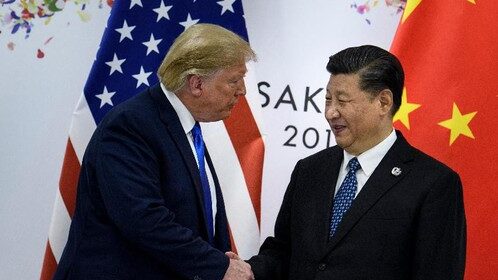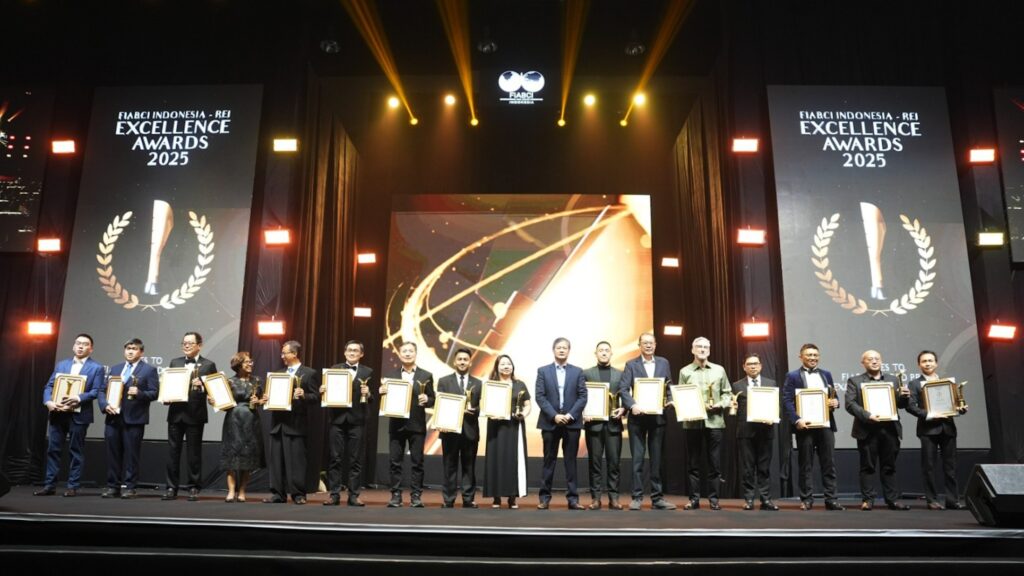Washington, United States – Former U.S. President Donald Trump has publicly called on China to increase soybean imports from the United States by four times, adding pressure ahead of the looming deadline for trade negotiations. Writing on Truth Social, Trump suggested Beijing faced concerns over supply shortages and urged Chinese authorities to accelerate purchases.
“Our great farmers produce the healthiest soybeans. I hope China will soon increase orders fourfold,” Trump declared in his post, while thanking President Xi Jinping in advance. He also framed the request as a measure to reduce the U.S. trade deficit with China, promising swift delivery of agricultural goods.
China remains the world’s largest soybean importer, sourcing 105 million metric tons last year. Roughly one-quarter of that supply came from the United States, with the majority provided by Brazil. Analysts, however, question whether Beijing is likely to fulfill Trump’s demand given current market conditions and political tensions.
Johnny Xiang, founder of AgRadar Consulting, told Reuters that Beijing was unlikely to ramp up purchases at such scale. “It’s improbable that China will quadruple soybean imports from the U.S.,” he noted.
Echoing that view, Even Rogers Pay of Trivium China highlighted Beijing’s increasing interest in Latin American suppliers. “We’re seeing signals that China is preparing to reduce reliance on U.S. soybeans entirely this year, including test cargoes from Argentina,” he said.
The comments come as trade talks between Washington and Beijing remain unresolved. Earlier this year, Trump imposed tariffs of up to 145 percent on Chinese goods before scaling them back by 30 percent. The White House has set an August 12 deadline for further negotiations with China, leaving limited time for compromise.
While Trump’s rhetoric underscores his political strategy to rally support among U.S. farmers, the broader trade standoff illustrates the fragility of agricultural ties between the two superpowers. For Beijing, diversifying supply sources remains a hedge against geopolitical risk, while for Washington, farm exports continue to serve as both an economic and diplomatic lever.






